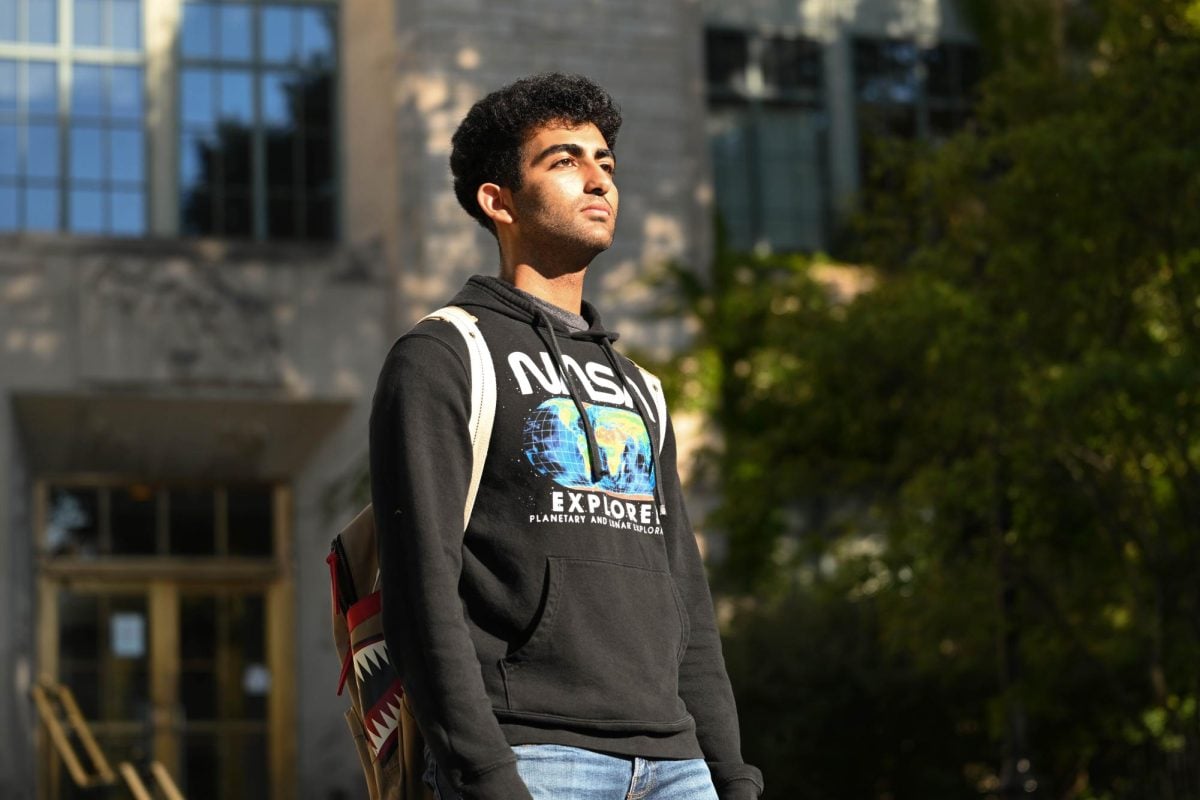TurboLearn AI has grown to half a million users between the browser version and the mobile app since its launch in December.
The AI-powered note-taking platform automatically creates notes, flashcards and quizzes from recordings of lectures.
For the first two weeks after the launch of TurboLearn AI, the only marketing strategy cofounders Weinberg sophomore Rudy Arora and Duke University sophomore Sarthak Dhawan could afford was making TikToks together.
“Honestly, if it was three more weeks and nothing went viral, I would have just moved on to another idea,” Arora said.
Out of the more than 40 TikToks they recorded, one took off, gaining millions of views. It would soon set off a series of viral videos that generated enough funds from new sign-ups to hire influencers to grow the user base, Arora said.
At VentureCat 2024, Northwestern’s annual student startup competition, TurboLearn AI won the grand prize of $100,000.
Arora credited the marketing strategies he used to promote TurboLearn AI to approaches he learned from a psychology class.
“A moderately funny video is more effective at converting customers than a very funny video,” said Arora. “As funniness increases, conversion decreases after a certain threshold. That’s something I actually use — tone down the humor of some of my posts.”
TurboLearn AI is Arora and Dhawan’s second startup together after they built an app that allowed homeowners to efficiently hire Christmas lights installers.
The idea behind TurboLearn AI originated from a personal need for a tool that allowed students to actively listen in class while simultaneously generating notes, Dhawan said. He recalled using AI to create flashcards to memorize content for classes in high school.
“I would use the output that GPT generated to import flashcards into Quizlet, so I wouldn’t have to create flashcards myself,” Dhawan said. “I was talking to Rudy at the time, and we thought, why not do this for lectures and PDFs?”
The most basic plan of TurboLearn AI is free to use, but users can upgrade to unlimited or pro for more benefits.
Weinberg sophomore Ishan Chawla said he primarily uses TurboLearn AI for his humanities classes, where professors often lecture without writing down notes on the board.
“I don’t use it as a substitute for taking notes during lectures,” Chawla said. “I use it as an add-on, so whenever I miss something, I can go back to my TurboLearn notes and see specifically what that was on.”
As the platform rises in popularity, Arora said he’s weary of copycat companies in the industry.
While many AI-based educational tools for essay editing or solving problems have cropped up in recent years, they are often used for plagiarism and cheating. So, universities have commonly refused to partner with these services, resulting in companies turning to other ways to expand, Arora said.
“So they look into, ‘OK, I have a talented team. Where am I going to pivot?,’” he said. “And they all pick AI note-taker.”
But unique features set TurboLearn AI apart from other AI note-taking softwares, Arora said.
Specifically, TurboLearn AI has privacy protections set in place that address professors’ concerns about being recorded during lecture.
“Schools value their intellectual property when it comes to teaching, so (TurboLearn) doesn’t store recordings and doesn’t allow users to see recordings,” Arora said.
Though the majority of TurboLearn AI users are students, Arora said he hopes to implement more contracts with educational institutions. Under TurboLearn AI’s institutional plan, professors could record and edit their lectures’ transcripts and send them to students.
Arora said he received a supportive response about TurboLearn AI at an NU Board of Trustees meeting.
As AI becomes more integrated into classrooms, Arora said that the creation of an automatic note-taking tool is inevitable. He aims to ensure TurboLearn is the instrument used to help students.
“Regardless of who is the one doing it, it’s going to happen anyway,” said Arora. “I’m trying to do it in a way that’s ethical and actually helping students, and it’s a tool that can be used for learning rather than cheating.”
Email: cassiesun2027@u.northwestern.edu
Twitter: @cassiesunL
Related Stories:
— Creating in The Garage: A guide to NU’s entrepreneurial hub
— “Cue the Curves” takes home $150,000 VentureCat grand prize
— SPLIT breaks up airport ride-sharing costs, connects students







